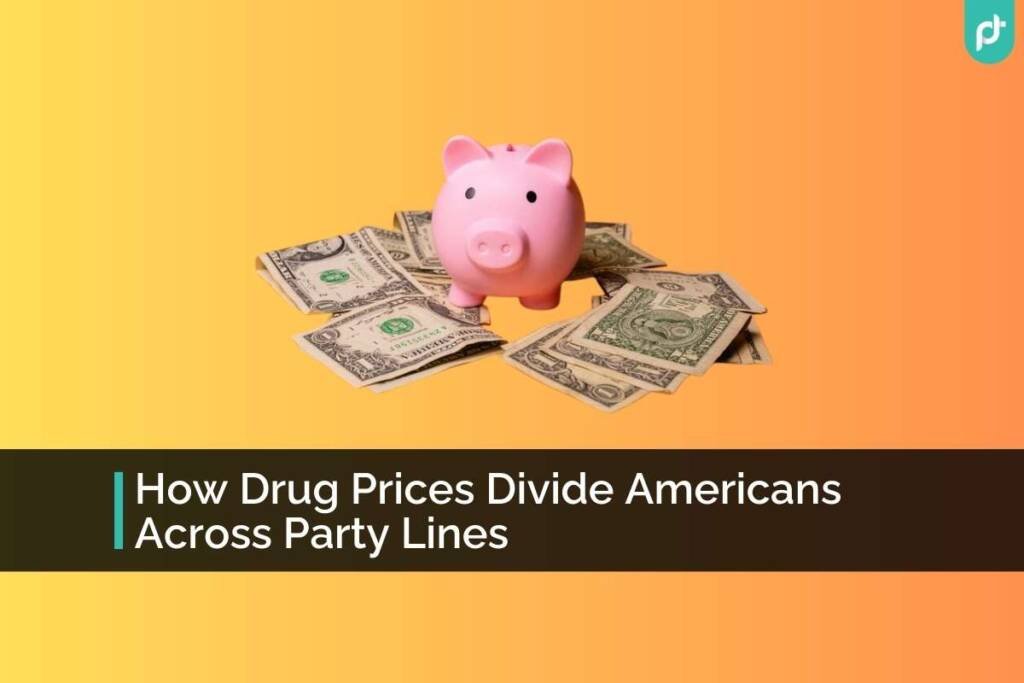Mounting worries over the soaring costs of prescription drugs have transcended political boundaries to become a deeply entrenched concern among American voters. A recent survey conducted by the Campaign for Sustainable Rx Pricing and analyzed by Democrat Celinda Lake, president of Lake Research Partners, has unveiled a compelling shift. With nearly 70% of voters expressing apprehension about the financial burden of their medications, this issue has transitioned from mere policy discourse to a pivotal “core value.”
The survey, encompassing 900 registered US voters, employed live-caller interviews and was conducted in late July. The key findings illuminate not only the distress over prescription drug expenses but also underscore four additional pivotal insights, as outlined by Republican Erik Iverson, president of the Moore Information Group, who was also involved in the study.
Firstly, one-third of respondents revealed they are grappling with the affordability of their prescribed treatments. Moreover, pharmaceutical companies are clearly being held accountable for these exorbitant costs by the majority of voters. The study also highlights robust support for legislative measures aimed at alleviating the burden of high drug prices, transcending political affiliations. Lastly, the resonance of these concerns spans bipartisan lines.
Iverson elaborated, emphasizing, “We see voters, whether they’re Republican, Democrat, Independent—men, women, all ages, all income groups—basically supporting legislation to lower prescription drug prices and importantly, increase list price transparency.”
Of the concerned respondents, 37% expressed being “very concerned” about prescription drug costs. The survey also delved into specific medications, including AbbVie’s Humira, known for its steep pricing and patent strategies. An overwhelming 89% of voters found AbbVie’s practices alarming.
“This is becoming such a prevalent concern that it’s almost not a policy debate in the voters’ minds anymore,” noted Lake, underlining the shift from debate to consensus on the issue’s urgency. “Everybody believes that prescription drug prices are too high—that it’s arbitrary and that something needs to be done about it.”
As for assigning blame, pharmaceutical companies took the lion’s share, with 58% of respondents attributing high drug costs to them. In contrast, only 18% held the government responsible, and a mere 8% pointed to health insurance companies.
These survey outcomes arrive a year after the passage of the Inflation Reduction Act (IRA) by Congress and the Biden administration. The Act’s Medicare pricing negotiation component has met resistance from the pharmaceutical industry. Various companies are collectively opposing the new legislation. In addition to Merck, Bristol Myers Squibb, Johnson & Johnson, and Astellas have initiated legal proceedings to contest the law. The IRA empowers the government to initiate drug price negotiations starting in 2026, and it imposes penalties for price hikes exceeding inflation rates.
As the industry responds with unified opposition, legal battles ensue, reflecting the pharmaceutical sector’s determination to navigate these changes. This survey’s impact could extend beyond policy discourse, influencing strategies in upcoming high-stakes elections, spurring more assertive discussions on drug prices and potential legislative interventions.
The pharmaceutical landscape, traditionally wielded by industry influence, has undergone a significant transformation with the passage of the IRA. As a new political cycle approaches, the industry faces renewed challenges as it grapples with the resonance of voter concerns





























